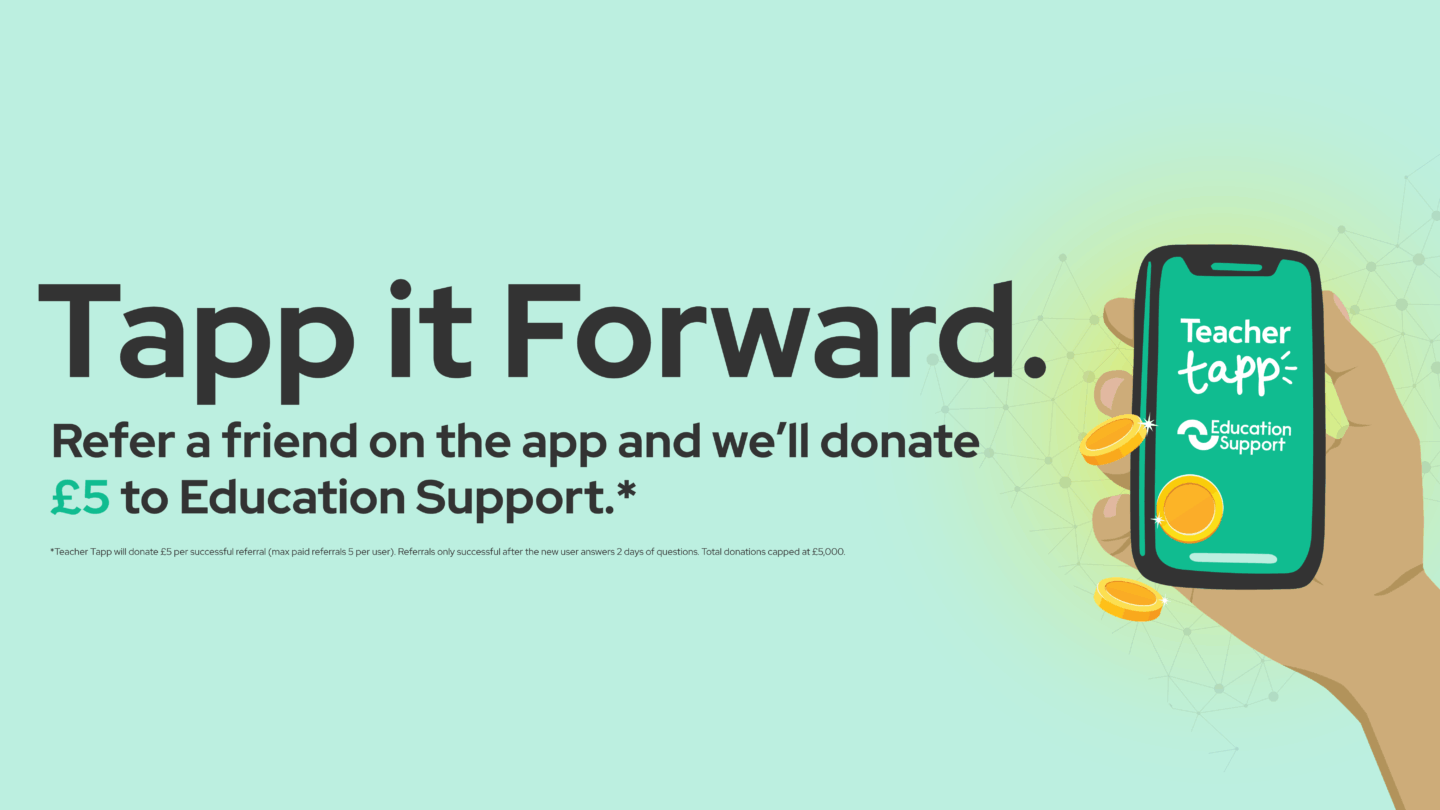Who ❤️s Ofsted?
(spoiler… hardly anyone!)
We’ve been asking your opinions on Ofsted for five years now. That’s longer than the current Inspection Framework has existed (published 2019) and matches the term of the Chief Inspector (appointed January 2017).
So how have your views on Ofsted changed in that time?
Back in the halcyon days of 2018, many of you felt (relatively) positive about the Inspectorate. Although few of you were what we might call “fans” (scoring it a 7, 8 or 9 on our 9-point scale), half of you were willing to give it the benefit of the doubt (4, 5, or 6) and around a third of you were out-and-out negative (1, 2 or 3).
Fast forward to 2023 and approval ratings have plummeted. Only a third of you now sit in the middle camp (4, 5 or 6) and nearly two-thirds give it one of the three worst scores (1, 2 or 3). In fact, 22% of you gave it a 1; twice as many as any other time we’ve asked.

Surely you’re more likely to think positively of Ofsted if it’s rated you Outstanding… Not really!
So maybe it’s not just Ofsted, are you feeling more negative about all government bodies?
Nope! Looking at Ofqual and the Standards and Testing Agency on the same scale, opinion is mostly in the middle (suggesting you don’t really feel strongly). Furthermore, scores for these other agencies have barely changed since 2018, despite TAGs etc.

It won’t be too surprising that Ofsted were mentioned (a lot) when we asked for your ideas for education policies.
Congratulations! You’re now in charge of the Labour Party’s education policies. What would you put into their next manifesto?
We had over 3,000 responses, and there were loads of great ideas. Here are a couple of the themes we noticed…
Whilst there were a fair few calls to simply scrap Ofsted, there were also a number of more nuanced suggestions:
- “Reform Ofsted to make it supportive rather than threatening and frankly terrifying! Work with schools to support them not the horrible system that is currently in place”
- “Remove high stakes grading from ofsted and reallocate funds and the expertise of inspectors to a genuine process of frequent formative feedback and support for school improvement.”
Given the current financial climate, it’s probably not a surprise that there were many ideas related to money. BUT, funding for the whole system was mentioned far more than teacher pay. As one teacher put it “funding, funding, funding!” There were also lots of suggestions about where extra funding is most needed, in particular to support children with special educational needs and disabilities: “proper investment in SEN to ensure all pupils can access the curriculum.”
There were also some great ideas around workload and work-life balance. Some mentioned PPA: “at least 20% PPA time and 1 hour PPA per day minimum guaranteed but with option to override daily minimum to request a larger block to work from home“. Others went beyond this and talked about holidays, both during the school year – “teachers get 5 days extra holiday a year that they can take at any time!” – and during the school holidays – “limits on holiday price increases during school holidays.“
We’ll make sure the Labour Party (and any other interested party) see your suggestions.
School improvements
Nine out of 10 of you know your school’s current improvement priority / priorities (admittedly half of you reported only knowing this “vaguely”). But what do YOU think should be the TOP priority?
For teachers in secondary schools, the clear answer is behaviour. In primary schools, responses are slightly more mixed. Whilst behaviour (during lessons) was selected by many of you, it was pipped to the top spot by curriculum and/or assessment.

But wait, what if you are the leadership team!?
Well, it seems that your views may be quite different to your class teachers. For example, only 14% of secondary heads thought behaviour in lessons needed to be the priority compared to 36% of secondary class teachers!

Following the script
Using a ‘scripted lesson’ could cover a range of different approaches, from a lesson that’s fully scripted like a play, through to looser plans provided by schools that plot out a clear sequence of learning, but that the teacher can still work around.
In primary schools, these do seem to be becoming more common. 13% of primary teachers report that they currently use scripted lessons – up from 7% in 2019. This is primarily driven by teachers working in EYFS and KS1, 26% of whom currently use them. Is this a result of some popular phonics programmes being scripted? Let us know what you think!

Morning meetings
While primary teachers may be using scripted lessons, few of them experience the joy of a verbal staff briefing each week! Only 1-in-2 of primary teachers say morning staff briefings take place routinely in their school, compared to 8-in-10 teachers in secondary schools. Across both phases though, regular meetings were most common in schools serving more deprived communities.
Regular verbal staff briefings are far less common now than when we last asked in 2019. Back then, nearly 10% teachers had a verbal staff briefing every morning, compared to just 4% now.

And finally…
The most read tip this week was: how timetabling works differently in the US!
And here are the rest for your reference:





